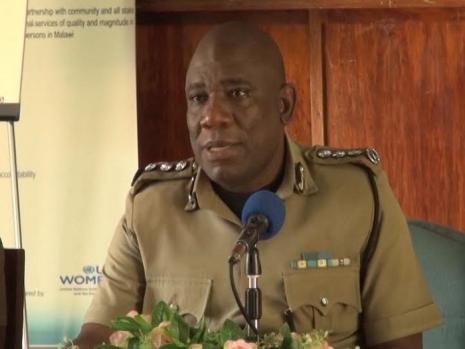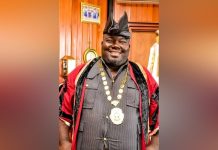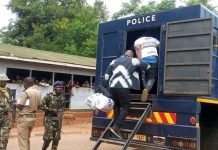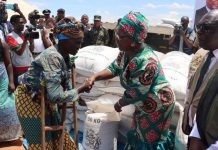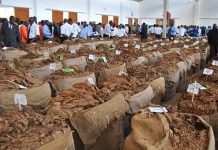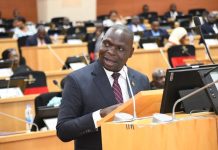Africa-Press – Malawi. To speak of policing in Malawi is to enter a space thick with memory and contradiction. The uniform carries both power and restraint, obedience and judgment, the will of the state and the conscience of the individual.
Into that demanding space now walks Richard Chakupaleza Chikoko Luhanga, appointed by President Arthur Peter Mutharika and confirmed on 13 November by parliament as the new Inspector General of Police.
Luhanga’s story resists the easy arc of success. It is not the tale of a meteoric rise, but of deliberate craftsmanship, a patient assembling of purpose over nearly three decades.
Born in Rumphi in 1971, he joined the Malawi Police Service in 1997 with a science degree and a quiet conviction that order could be firm without being cruel. From those early days at Kanjedza Training School to United Nations missions in Liberia, Darfur, and Somalia, his path reveals a restless curiosity about what it means to serve under authority without surrendering one’s moral independence.
His résumé is dense with postings and credentials—Director of Training, Police College Commandant, Commissioner across regions, reform strategist at headquarters. Yet the thread binding it is less about position than philosophy. For Luhanga, policing rests on trust rather than fear, on understanding rather than command. The police, he argues, are not enforcers of the state but stewards of the public.
This belief has shaped his work. As a reform leader he pushed for clearer guidelines on the use of force and firearms, insisting that legitimacy lies not in how power is displayed but in how it is restrained. For him, reform is less about new rules than a re-education of conduct: how an officer greets a market woman, listens before acting, and stays human while holding authority. Policing in this view, becomes less command than conversation, a slow rebuilding of a social contract once frayed by suspicion.
His years abroad deepened that conviction. In war-shattered Monrovia and Mogadishu he saw what remains when law becomes only memory. Peace, he learned, survives not through weapons but through the temperament of those who keep watch. “The police,” he once reflected, “stand where the nation meets itself.”
Away from the uniform he is a meticulous gardener, a reader, a club president with a habit of charity. The same instinct for steady tending runs through his public and private life. His appointment feels less like reward than the natural evolution of a long-held idea.
Luhanga inherits an institution weathered by mistrust, political pressure and tired morale. His task is to restore in small, steady gestures, letting the tone of policing shift before the image does. It may not make headlines, but it could in time make history.
There is an understated symmetry in the President’s choice. Mutharika, once a champion of public service reform of 2015, now turns to a man shaped by the same ethic. Reform here is not rebellion but continuity, an insistence that institutions can still be made better.
If Luhanga succeeds, his legacy will be a quieter one: a calmer conversation between the uniform and the citizen, and a policing shaped less by force than fairness. In that modest revolution of attitude, the service may rediscover the moral clarity it has too often misplaced.
For More News And Analysis About Malawi Follow Africa-Press

